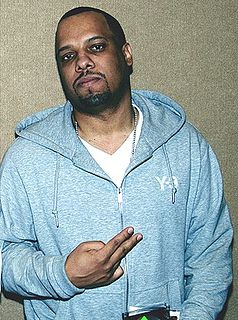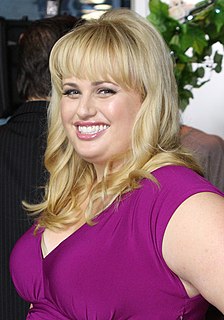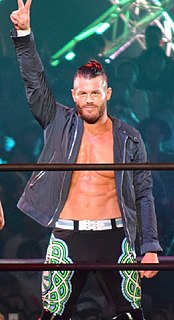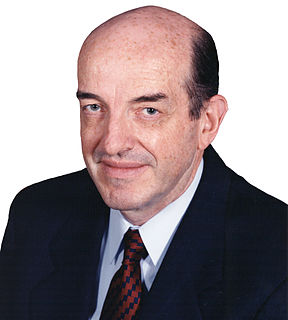A Quote by Bhumi Pednekar
The fact that we don't have censorship on the Internet really gives you a lot of freedom, as makers and creative people do what they believe in.
Related Quotes
There seems to be an assumption that if you're offended by movie brutality, you are somehow playing into the hands of the people who want censorship. But this would deny those of us who don't believe in censorship the use of the only counter-balance: the freedom of the press to say that there's anything conceivably damaging in these films - the freedom to analyze their implications. How can people go on talking about the dazzling brilliance of movies and not notice that the directors are sucking up to the thugs in the audience?
It's silly to have as one's sole object in life just making money, accumulating wealth. I work because I enjoy what I'm doing, and the fact that I make money at it - big money - is a fine-and-dandy side fact. Money gives me just one big thing that's really important, and that's the freedom of not having to worry about money. I'm concerned about values - moral, ethical, human values - my own, other people's, the country's, the world's values. Having money now gives me the freedom to worry about the things that really matter.
I'm not here to put my music out on the Internet with no support and then say I got creative freedom. I've got creative freedom wherever I go: I don't create anything that I don't want to create. That's freedom. Since when does a company force you to make something that you don't want to make? If they do that, you leave.
I think that is a really good message, especially for young girls to hear. The fact that someone like me from the western suburbs of Sydney could become an actress in movies who didn't look like a regular actress, and that I can make it I think gives a lot of hope to other girls who are really creative and don't necessarily follow the standard of what some people consider beauty to be.
I draw a distinction between freedom of the internet and freedom via the internet. In the first case, it's making sure cyberspace is not over regulated and people can say what they want without fear of repercussions. But that's different from this freedom via the internet notion, which is often touted by all sorts of conservatives and neoconservatives who want young people in the Middle East and elsewhere in the world to use Facebook and Twitter and then go oppose their governments.
If you have an internet service provider that's capable of slowing down other sites, or putting other sites out of business, or favoring their own friends and affiliates and customers who can pay for fast lanes, that's a horrible infringement on free speech. It's censorship by media monopolies. It's tragic: here we have a technology, the internet, that's capable really of being the town square of democracy, paved with broadband bricks, and we are letting it be taken over by a few gatekeepers. This is a first amendment issue; it's free speech versus corporate censorship.
It's certainly not too late to change to the winning side. But you know, you also have the freedom to stay just where you are. That's what it means to be an American. That's the miracle of America. Freedom to believe means the freedom to believe the wrong thing, after all. Just as freedom of speech gives you the right to stay silent.




































